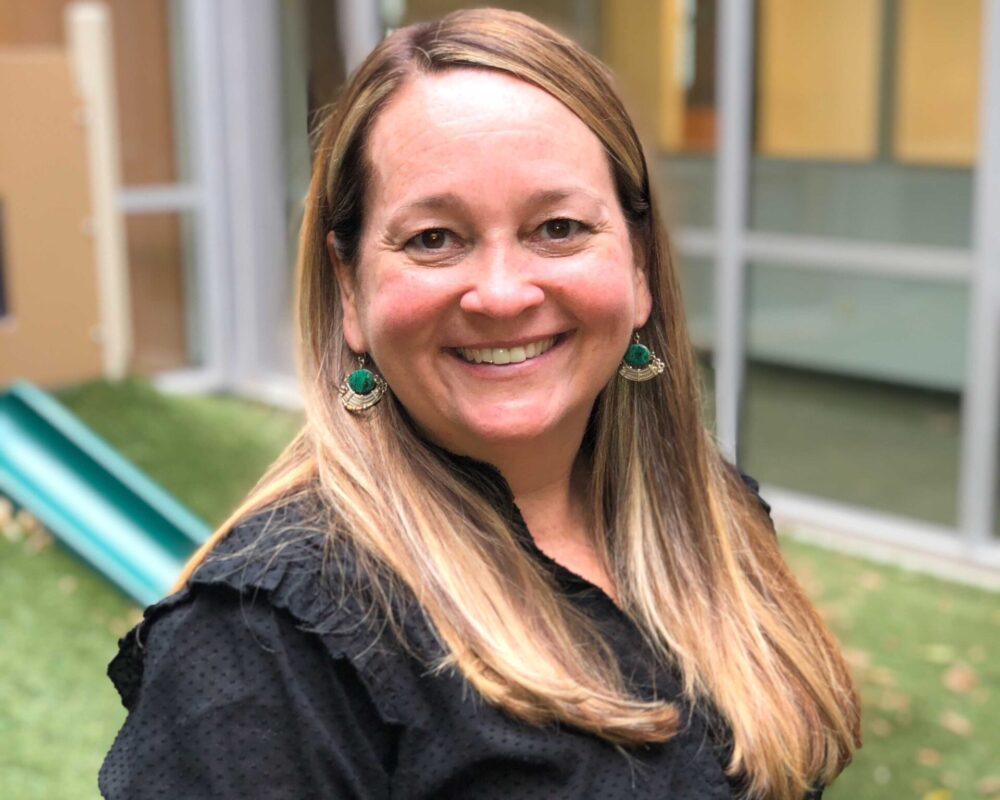Home visiting is a service delivery strategy that connects expectant parents and caregivers of young children with a designated support person—typically a trained nurse, social worker, or early childhood specialist. Services are voluntary and provided in the family’s home or at a location of their choice.
A two-generation approach, home visiting delivers both caregiver- and child-oriented services to help the whole family. It views child and family development from a holistic perspective that encompasses—
- Child health and well-being
- Child development and school readiness
- Positive caregiver-child relationships
- Caregiver health and well-being
- Family education and employment goals
- Family functioning
States, territories, the District of Columbia, and Indigenous organizations implement home visiting models that match the needs of their communities using varied funding streams, including the Maternal, Infant, and Early Childhood Home Visiting (MIECHV) Program.
Home visiting has a strong evidence base, with many studies showing that it works. (Source: For a more comprehensive review of the evidence base for home visiting, see Components Associated With Home Visiting Program Outcomes: A Meta-Analysis retrieved from [https://www.ncbi.nlm.nih.gov/pubmed/24187111](https://www.ncbi.nlm.nih.gov/pubmed/24187111).)Go to footnote #>1 There are currently 17 evidence-based home visiting models operating in the United States that meet standards of evidence as determined by the Home Visiting Evidence of Effectiveness (HomVEE) project. (Source: The 2023 Home Visiting Yearbook defines evidence-based home visiting as models that have met standards of evidence as determined by HomVEE.)Go to footnote #>2 (Source: HomVEE approved another model, Video-Feedback Intervention to promote Positive Parenting-Sensitive Discipline (VIPP-SD), in 2023. We do not include VIPP-SD data in this yearbook because the model was not yet classified as evidence based in 2022, the year reflected by our data.)Go to footnote #>3

